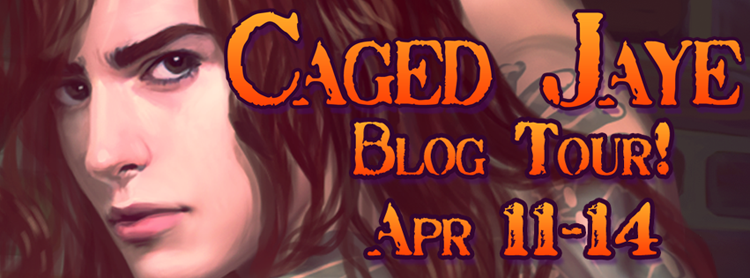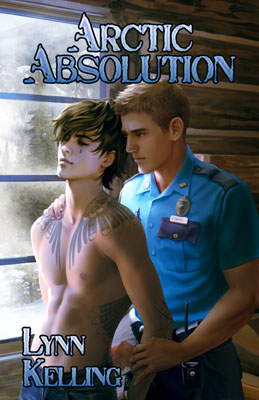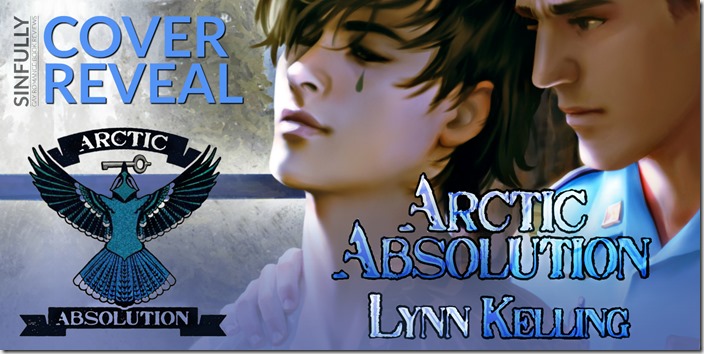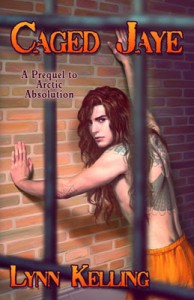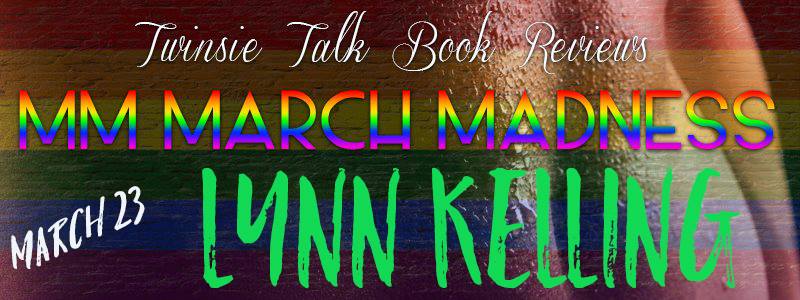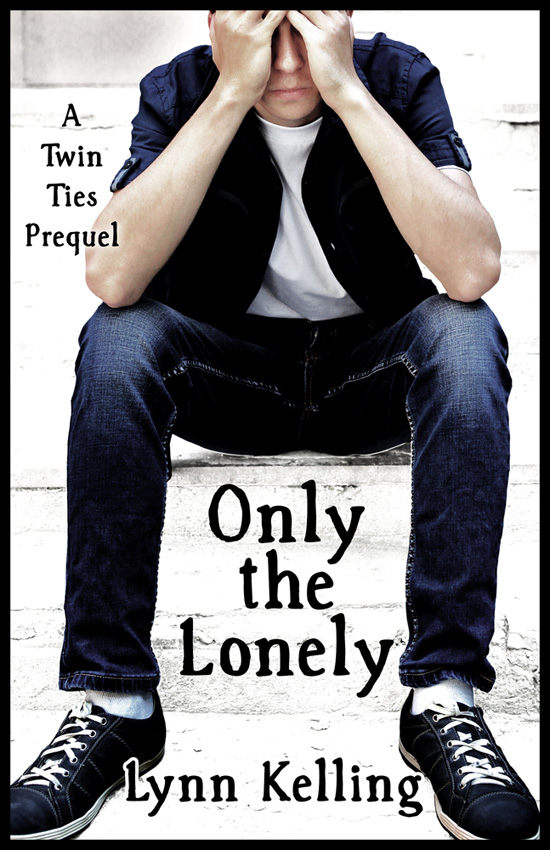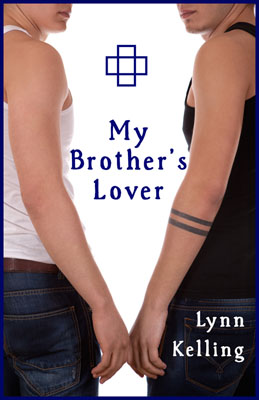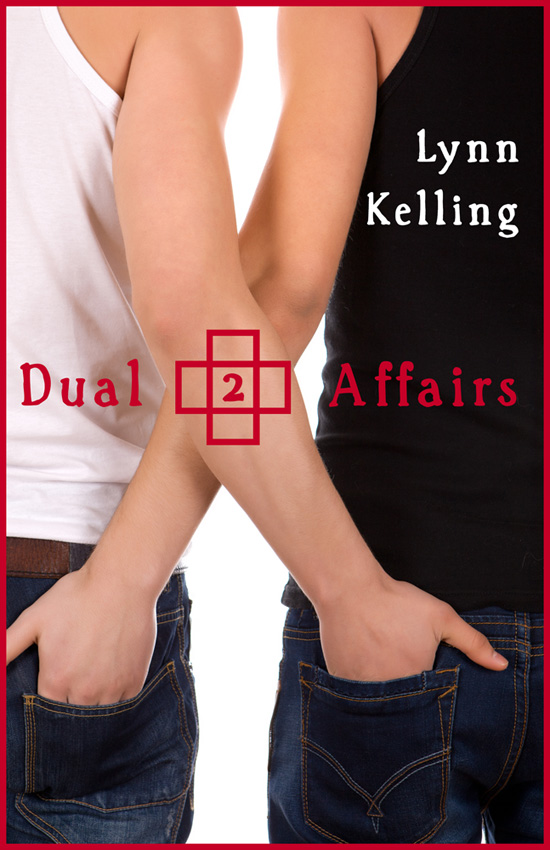Howdy, friends and readers. I’m writing this post to touch base with you all, and also to try to do justice to the process of recovery from abuse, loss, or trauma. I’m an emotional abuse survivor. It’s funny, but not in a ha-ha way, that I have written solely about survivors of abuse since I first became a writer, without realizing *AT ALL* that it was because I have been abused my whole life. I was telling myself something for a long time, and have only just heard the message. It’s hard to explain how that’s possible if you haven’t experienced emotional and psychological abuse. Basically, the whole gist of Narcissistic Personality Disorder (NPD), of which both of my parents are textbook cases, is they are experts at pretending to be perfect people, while convincing their victim (in this case, me, their daughter) that everything “wrong” – their abuse, their lies, their rage, their never-ending harsh judgment, their cruelty, and the impossible, constant obligations – is all their fault. That it’s all my fault. That I’m the problem.
I’ve seen emotional abuse by people with NPD described as emotional rape. And it’s not just once. It’s every day. For, in my case, thirty-seven years. While brainwashed to think the suffering I endure is solely because of my own failings, that not only do I deserve the pain, but that I should enjoy it and beg for more.
What happens if the victim of this treatment figures out what’s REALLY going on? When it comes to NPD, no one believes them. Not therapists (usually), not siblings or the rest of the family. The abuser has done such a convincing job of pretending to be faultless to the outside world, many won’t see past the lies and mirage. Additionally, when the abuser publicly starts to utterly destroy the reputation of their victim (and they will) so that no one will ever (rightly) cast any blame on the abuser for their actions, most totally buy into it.
That’s the stage I’m in now. I’ve cut off all contact with them.
Is it scary? Absolutely. But, it doesn’t matter. Change is always scary. How do I describe how glorious it feels to be out of their reach? Imagine that since birth, for thirty-seven years, you’ve carried a bag filled with a hundred pounds of bricks. You have no concept of life being different, or that the pain is something you don’t need to feel. One day, you realize you can set the bag down and walk away. The wonder of that, the freedom and sudden lightness, the joy and revelation—it’s everything. Would I touch that bag of bricks ever again, even for a second? Nothing on heaven or Earth could make me, besides my own massive, ingrained guilt, but I won’t let the guilt win.
The hardest part of all of this? My beloved brother, who died exactly one year ago, was another one of my parents’ victims. He carried his own bag of bricks his whole life—from birth until death. He never got to feel how good it is to set it down and be free while still in this world. But I believe one of the reasons I’ve finally been able to recognize my own situation is because he’s watching over and guiding me. I believe with my whole heart that he wants me to be free in ways he never achieved.
I know my parents are saying things to people in their circles about me. The claws are out and they’re trying to drag me back into the cage they like to keep me in. But I won’t go.
I know my head is screwed up. My view of who I am, how things should be, what my responsibilities are, and what reality is, is skewed. I’ve been trained to think I’m never good enough. To expend 100% of my energy trying to prove I’m not as worthless as my parents have led me to believe I am. As I learn the truth of what I’ve been through (and believe me, I’m studying my ass off), I see how I’ve failed to draw healthy boundaries, whether it’s a case of not saying stop if touched inappropriately when all it does is set off blaring psychological alarms; or instinctively apologizing to my mother for making her mad enough to verbally assault me; or to prioritize sculpting others’ perceptions of me over protecting my own health and sanity just because my parents have taught me who I am underneath it all is, in their eyes, a failure.
I see it all now. I really do.
There is nothing wrong with who I am. I’m not a failure, or worthless. I deserve to be happy and enjoy life, on my own terms.
My new path is going to be built on truth, respect, and healthy boundaries. But what does that mean for someone who writes fiction? Storytelling is the sculpting of perceptions, after all. The act of sharing them is a way of striving for approval, when that same endless striving is what has been crippling and destroying me, from the inside out.
There are reasons why I am a writer. Writing has been a huge factor in my healing and self-discovery process. It’s the way I’ve been subconsciously trying to save myself for years. It’s the way I figure out how to be strong, and brave. It’s the way I explain everything I’ve gone through, for my sake, my husband and kids’ sakes, for my departed brother’s sake, and for everyone who hasn’t yet discovered they can set down the weight that’s slowly breaking them.
I’m in the process of piecing myself back together. I’m deliberately choosing to do things differently than I have always done them. I’m protecting myself. I’m recovering. I’m taking time to rest and savor each day for the blessing that it is. I’m writing, too. My thoughts aren’t yet focused on one project. They’re still too scattered for that, but I’m getting there. I’m hoping in the future, there will be less pain and trauma for my characters as well, that as I rise above my situation and live more healthfully and joyfully, their happily ever afters will be even more breathtaking. I don’t know what the future holds, but I’m much better equipped to fight for it and ready for the challenge. Thank you to everyone who has sent messages of support. You’re each helping to restore my faith in the goodness of people, and you have no idea how very much that means to me.
With love,
Lynn
